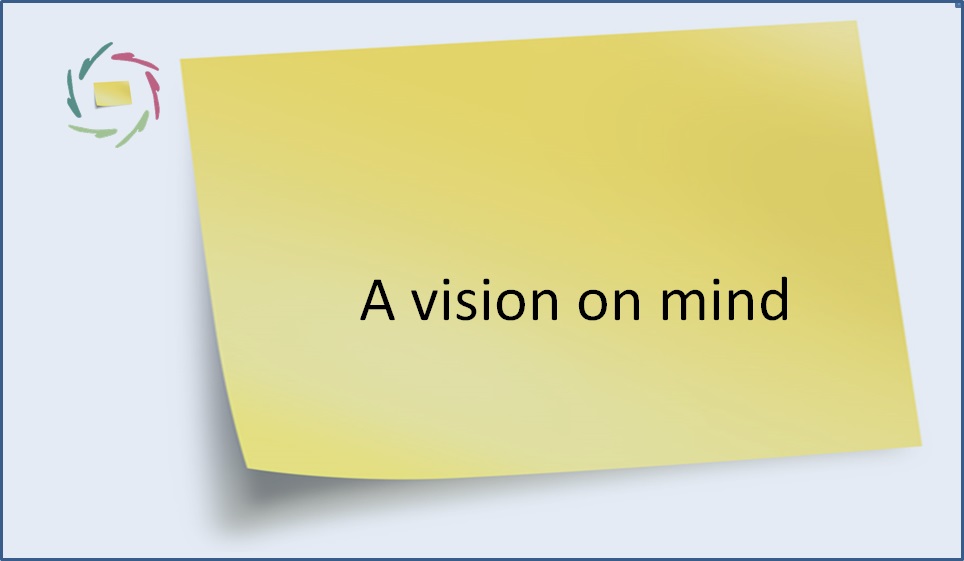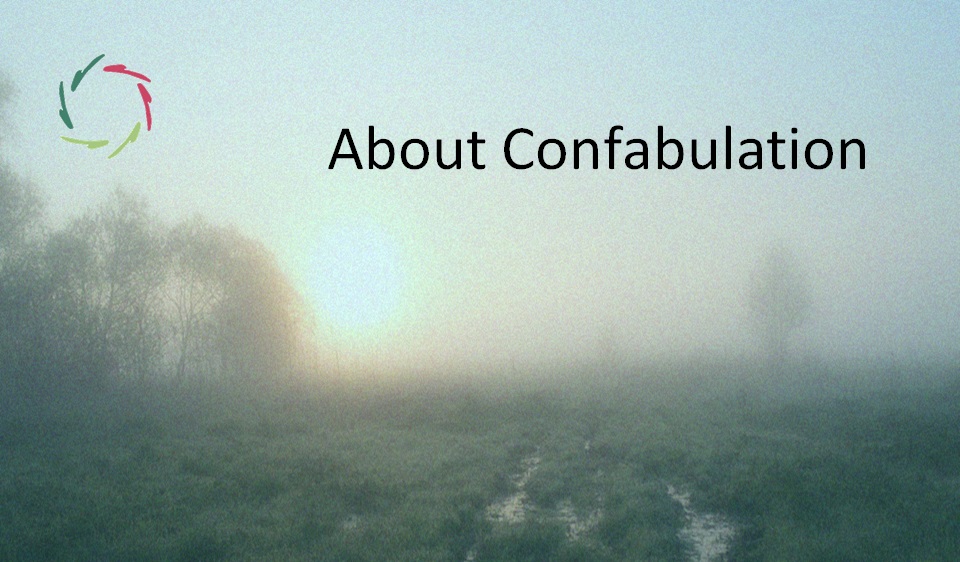70. A vision on mind

I think ‘vision’ has been interesting to me since I opened my eyes. Human vision of course. But later on ‘artificial vision’ too: how can a computer learn to really see the world? What does this mean : to see the world? Can one say that a camera sees the world? No, of course not. A camera only registers light waves, which it transforms into information of a different kind. This can be made useful to us, humans, in many ways. For instance, through the use of a camera we can ‘see’ the world even at another place, even in a different time. Interesting question: do we then ‘see’ this other place or time? Can the camera, like the lens of our own eye, be looked upon as playing a substantial role in the seeing process itself?
◊◊◊
Many people think of their eyes as a kind of camera and nothing more. The truth is far from that. The adventure of vision begins right in the eyes and ends in what we call ‘consciously seeing the world’. It’s an enormously complex adventure, full of the weirdest tricks nature could invent. For instance, as you may know, our visual system primarily sees the world upside-down. It’s only at the last stages of visual processing that, oups!, the world is turned up right. You may believe me: there are lots of such examples. Our brain has definitely not been devised by a very skillful technician with an abundance of clear and rigid thinking. Instead it’s the product of a growth process over a very long time. A lot of common sense has been used in this process, but much of it was very ad hoc, with as primary purpose at each and every stage the need to survive this very day. Whatever made us hasn’t kept the end product very much in mind, so we’re stuck with this.
◊◊◊
But I want to say to the guy up there that it’s OK, you know! I’d rather keep it!
◊◊◊
The real miracle of human vision is that with all the error-proneness and just plainly weird and counter-productive elements, we still see anything at all. It’s the pinnacle of ad-hoc engineering. It deserves the price of ‘brightest mind of the universe’. Still, a technical evaluator pulls his hair out.
◊◊◊
And then again, maybe this evaluation is too harsh. There is efficiency in the inefficiency all right. This has engendered a great deal of complexity which is unneeded in a direct way but which can be used indirectly: to see what can only be seen indirectly. In other words: to see the ‘big picture’ for which a number of little pictures have to be overlooked. It’s the errors that make art, not the perfection.
◊◊◊
Such is our whole brain: extremely inefficient, but even in its inefficiency, the best thing to help us through the day…and maybe, hopefully, to guide us to tomorrow. We may still badly need it.
◊◊◊


